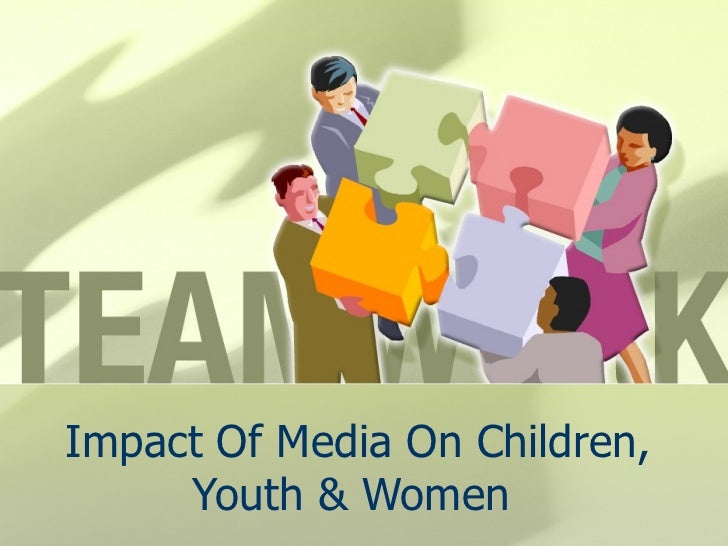
Zachary and John
were leaving their psychology class where they had filled out a media usage
questionnaire in order to earn some extra credit in the course.
“Hey, Zac. Did
you fill out all the question?”
“Mostly. Didn’t
you?”
“I skipped some.
They asked some questions and I didn’t have a clue.”
“Yes, like all
those pages of TV shows and websites and magazines. I couldn’t remember how
many minutes a week I spent which each of those.”

“Me neither. I
put a zero for most of them, especially for the World Wrestling Federation.”
“What? You love
that show and never miss one of those cheesy matches!”
“I know it. But
I don’t want my professor to know I watch that kind of show, especially after
how she trashed shows like that in class! I didn’t want her to think I was a
moron, so I put a zero. But then later on when they asked how much I liked
wrestling, I couldn’t lie so I gave it the maximum score. I do love wrestling;
it’s the best entertainment on the tube!”

“Dude, now I don’t
feel so bad. But I did the opposite on Jersey
Shore. I admitted that I watch it like 5 hours each week. It’s my favorite
show. But when it came to the Gratifications section on the questionnaire, I
couldn’t admit that I liked it, so I gave it a zero.”
“What do you
think the professor is going to do with all that bogus data?”

Analysis
The quality of
research findings is dependent on the quality of data used to generate those
findings. If people are asked about their everyday mundane thoughts and actions,
they are not likely to be able to recall them accurately. And when people are
asked about sensitive topics (in this case the liking of TV shows that the
professor trashes), respondents are likely to “bend the truth” so as to make
themselves look better.
When you read
about the findings of research studies, think about how the researchers
gathered their data and about how you would have acted had you been a
participant in that study. While most research studies achieve high standards
and go through a rigorous review process to ensure quality, sometimes faulty
data slip through and distort findings. Be skeptical when you read research
findings.
